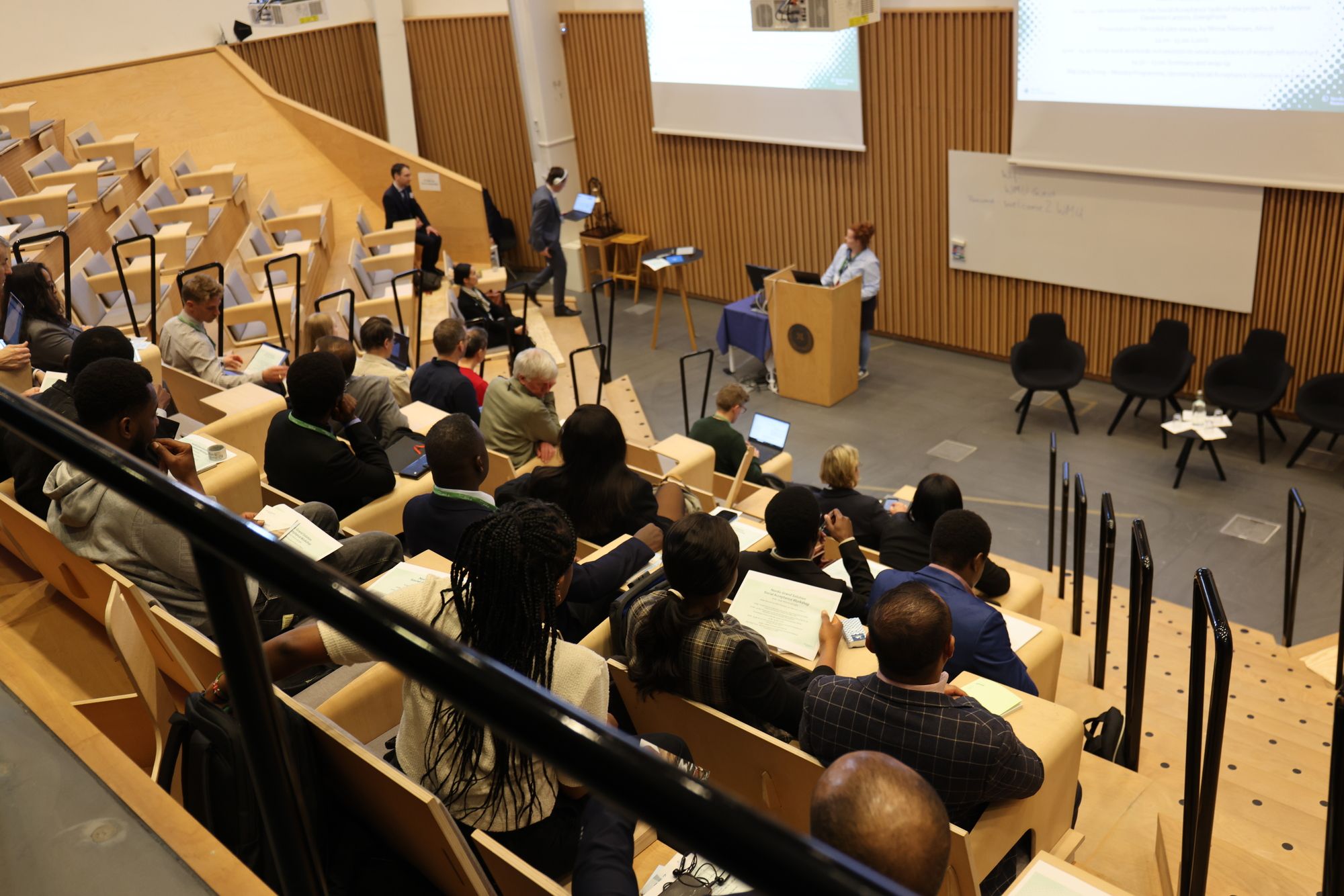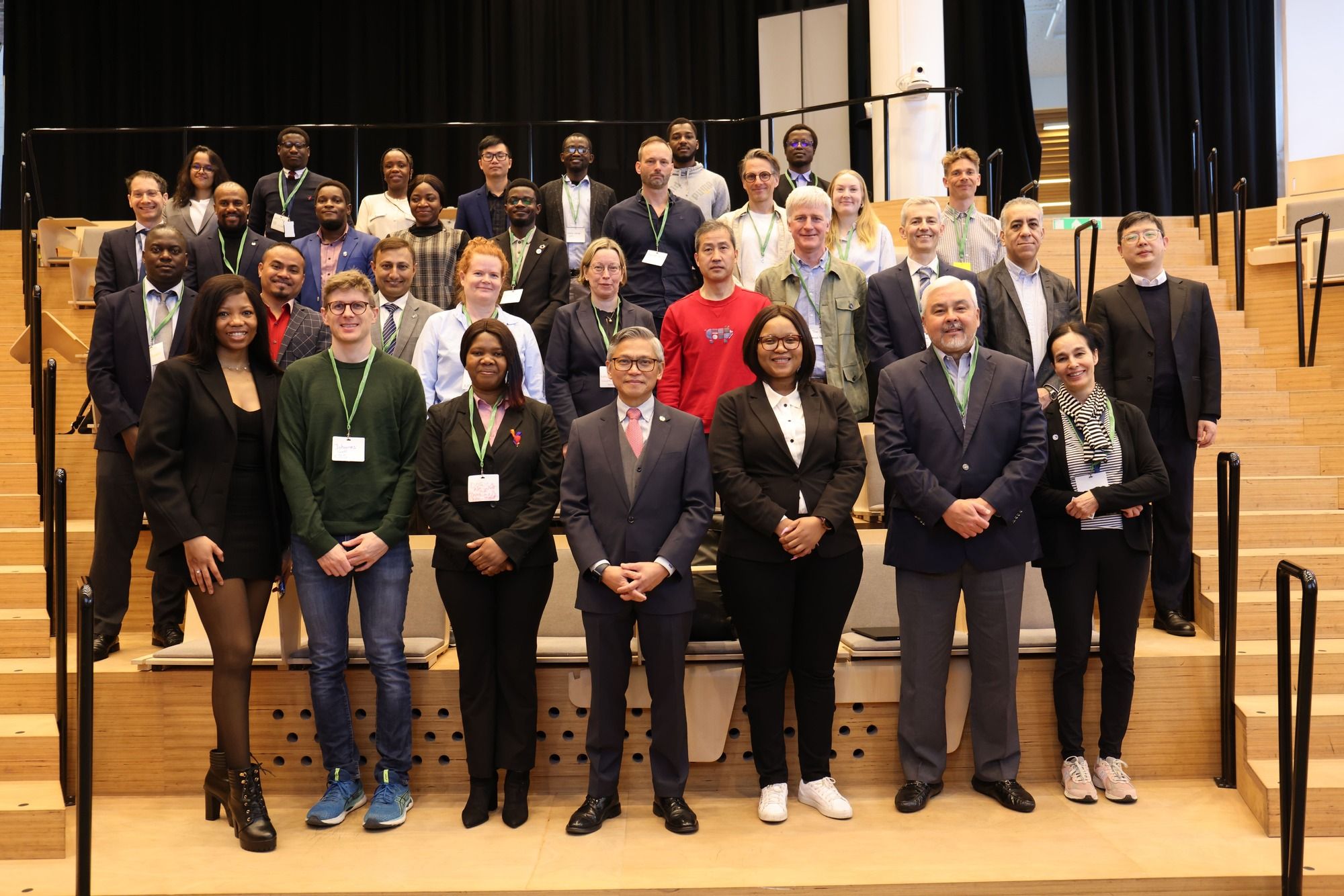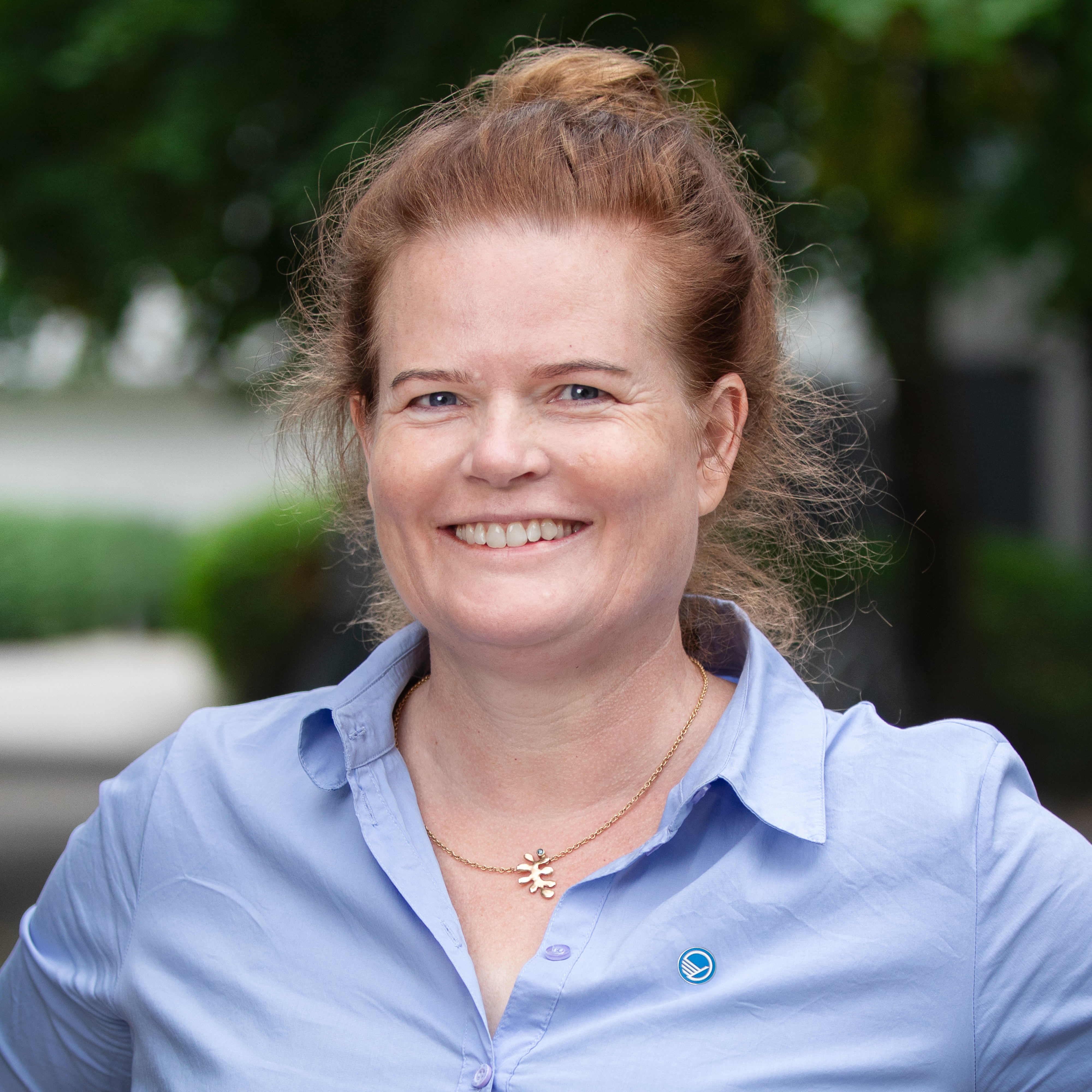
Social acceptance in focus at Nordic Grand Solutions workshop
"Whatever the new technologies may be, social acceptance will no doubt be a central theme in the adoption of them. It will require proper understanding, and dialogue amongst the stakeholders…
“Whatever the new technologies may be, social acceptance will no doubt be a central theme in the adoption of them. It will require proper understanding, and dialogue amongst the stakeholders, and a form of governance that has the sensitivity to take into account valid concerns and possible impacts.”
Those were the words of Max Mejia, President of the World Maritime University, who opened the Nordic Grand Solutions Programme workshop on 4 April in Malmö, Sweden.
The focus of the workshop was social acceptance, bringing together all projects funded in the Nordic Grand Solutions Programme as well as students from the World Maritime University. Through presentations on key concepts and frameworks that surround social acceptance, the workshop emphasised the importance of this issue for ensuring long-term success and impact of energy-related initiatives. Participants also got unique opportunities for cross-project dialogue, where teams shared perspectives and strategies for addressing social acceptance within their projects.

Lise Nielson, Senior Adviser, Nordic Energy Research, holding a presentation at the workshop.
Local resistance to renewable energy projects
At the workshop, keynote speaker Anders Horsbøl, Associate Professor, Aalborg University, presented findings from two Mission Green Fuels projects funded by Innovation Fund Denmark: the DEEP project on designing community collaboration for sustainable energy parks, and the COMON project on engaging communities in the green Fuels Transition.
The project results show that while there is broad political consensus on the need for a transition to renewable energy to meet climate goals, significant local resistance remains. In many cases, this resistance is the primary reason why numerous renewable energy projects and initiatives have failed. In addition, common concerns among citizens include a lack of ownership opportunities, insufficient involvement in decision-making, and limited influence over project outcomes. Other frequent grievances include disturbances such as noise and shadow casting, as well as environmental damage to local nature and harm to the community. Also, inadequate compensation for the challenges faced by local communities can further contribute to project failure.
Horsbøl’s presentation is available here.

The importance of engaging local communities
Experience from the municipality of Thy in northwestern Jutland, Denmark, demonstrates that early-stage involvement in the establishment of energy parks is crucial. It is essential to engage communities before the mandatory public comment period begins. This includes hosting public discussions on energy park criteria through meetings, workshops, and surveys. Additionally, it is important to encourage citizens to establish a local kind of energy association, by reaching out through multiple contact points (e.g., existing communities and local, engaged citisens), building trust, and making the case for active involvement.
In the case of Thy, a forum was created for seven different energy associations to exchange experiences. Actively engaged citizens were also provided counseling by an independent energy consultant to enhance their negotiation skills with developers. This early involvement process played a key role in enabling citizens to carry out local negotiations on specific projects, including conducting ballots.

